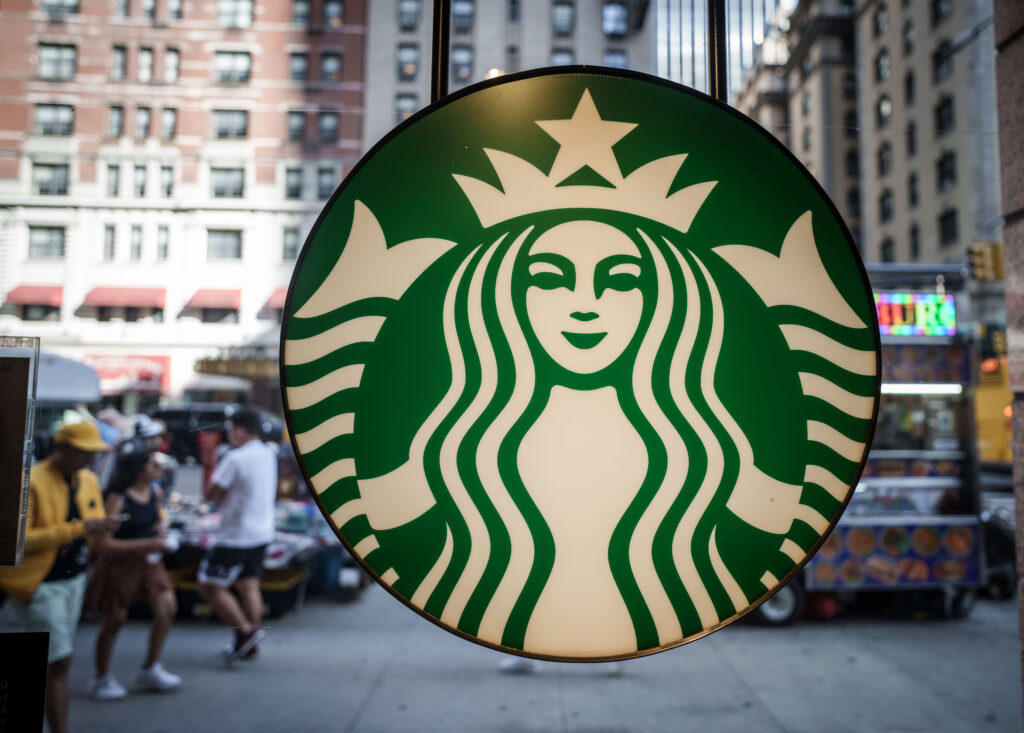
According to Reuters and Forbes, Judge John Cronan of the U.S. Southern District Court of New York refused to accept Starbucks’ request to dismiss nine of the plaintiff’s 11 claims in a class-action lawsuit filed against Starbucks for violating the Consumer Protection Act.In August last year, two plaintiffs, Joan Cominis of Astoria, N.Y., and Jason McAllister of Fairfield, Calif., filed a lawsuit claiming that Starbucks’ fruit-named drinks contain water, grape juice concentrate and sugar, and that their ingredients were overestimated due to their misleading names.Specifically, refresher drinks such as “Mango Dragonfurter,” “Pineapple Fashionfurter,” and “Strawberry Asai” do not actually contain mangoes, fashionfurters, or asai. In fact, if you look up the ingredients on Starbucks’ website, it contains ▷ ice ▷ strawberry acai base (water, sugar, concentrated white grape juice, citric acid, natural flavor, natural green coffee scent, fruit and vegetable juice, rebaudioside-a) ▷ frozen dried strawberries.The amount of compensation for the victim group claimed by the plaintiff is at least 5 million dollars (about 6.6 billion won). The plaintiff claimed, “We paid a ‘premium price’ based on the belief that the fruit in the name of the beverage is also included in the actual beverage.” These drinks typically cost between $3.95 and $5.95.Starbucks argued that reasonable consumers will not be confused, as the product name describes taste, not beverage ingredients, and questions related to this can be sufficiently resolved through store staff.

However, Judge Cronan judged that other Starbucks drinks could cause enough consumer confusion because they actually contain the ingredients in their names, and that consumers could think that fruit drinks also contain fruit. For example, “Iced matcha latte” and “Honey citrus mint tea” contain matcha, honey and mint, respectively.However, Judge Cronan rejected claims of fraud and unfair gains, saying Starbucks did not try to deceive consumers or take unfair profits.Starbucks said in a statement, “The allegations contained in the complaint are inaccurate and have no validity,” adding, “We will defend ourselves against these claims.”
JULIE KIM
US ASIA JOURNAL



